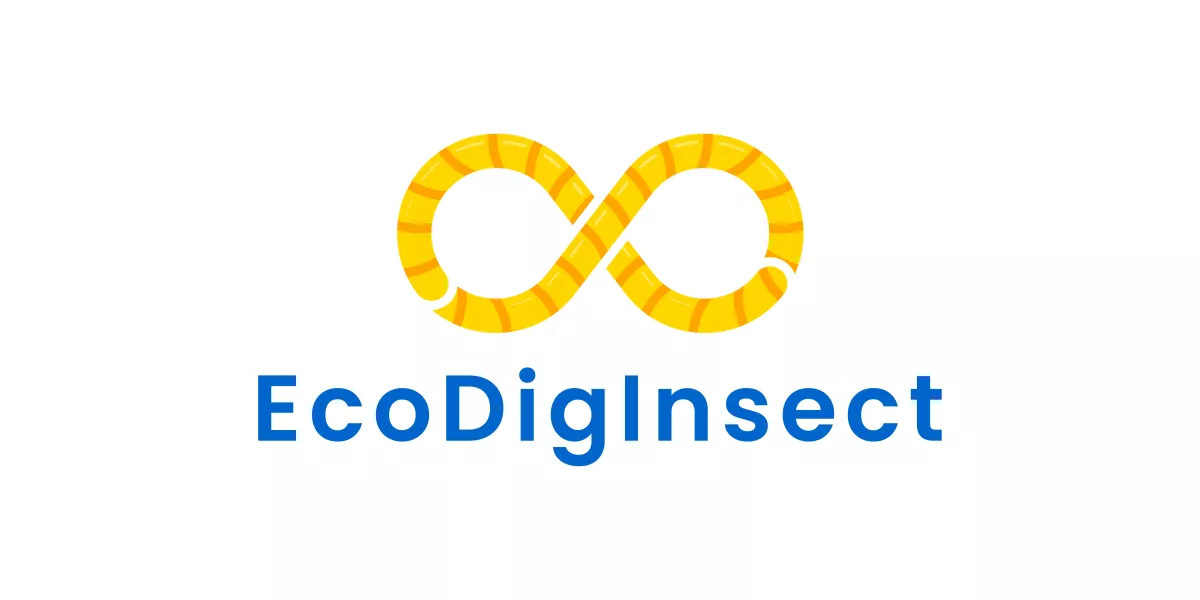EcoDigInsect
Ecological Digitalized Insect Breeding Modules

Scheda del progetto

Opacmare S.p.a.
End User: Università degli Studi di Milano




EcoDigInsect proposes a new business model that uses mealworm larvae as a protein source for pig feed, for the local and sustainable production of meat and meat products. The larvae will be raised in modules equipped with advanced technologies and Air Handling Units, distributed throughout the territory and digitally connected. The larvae will provide a functional protein source for pigs, while the qualitative and socio-economic-environmental values of pork meat will be assessed in the project. The modules will be connected to a Technology Center via an online platform, allowing to monitor environmental conditions and manage production. EcoDigInsect is designed to start a sustainable food supply chain, initially at a local level and then throughout the country.
Contacts:
Emanuele Alecce
info@italiancricketfarm.com
The EcoDigInsect project aims to solve the growing demand for sustainable protein sources by introducing mealworm larvae into pig feed. An additional challenge is to gain acceptance and adoption of the new business model by food chain actors, effectively communicating the environmental, economic and nutritional benefits of using mealworm larvae.
EcoDigInsect is innovative because it introduces a new protein source that can be produced in the same place of consumption (pig feeding) through the use of advanced technologies and digital connectivity of breeding modules, allowing more efficient management, higher quality production and transparent communication with civil society.
Companies involved in the food industry can access an alternative and sustainable protein source for the production of pork and pork products. This can help diversify their offerings and create innovative products, reducing dependence on distant protein supply sources and meeting the growing demands of sustainability-oriented consumers.

